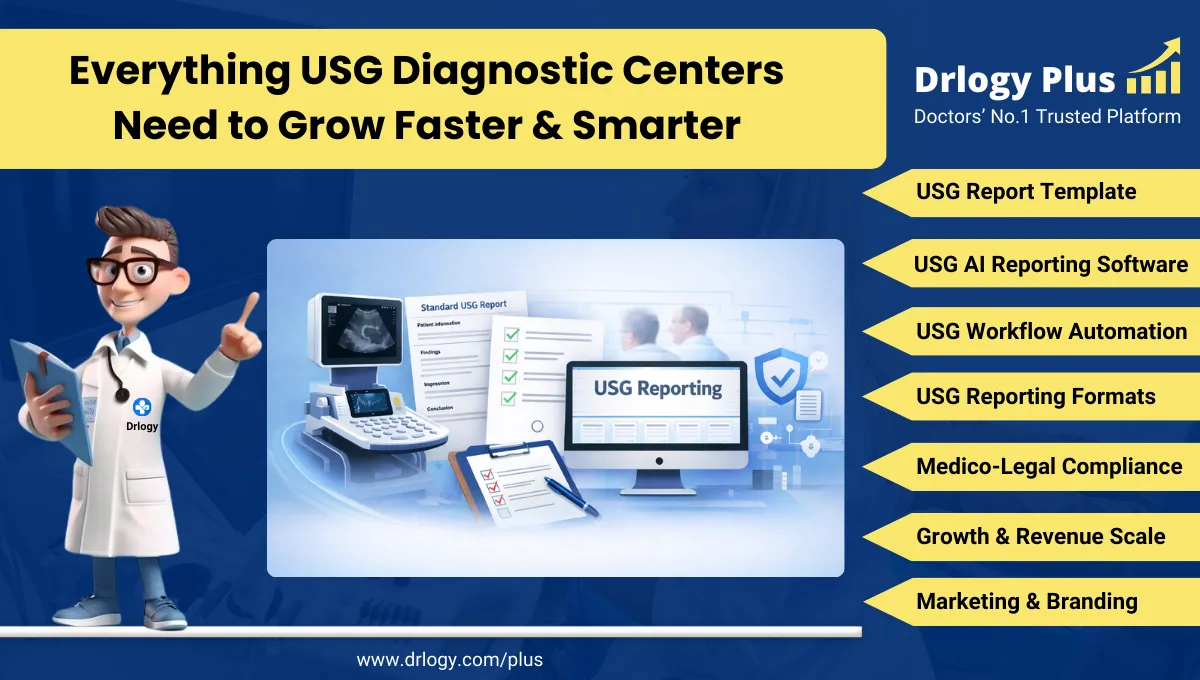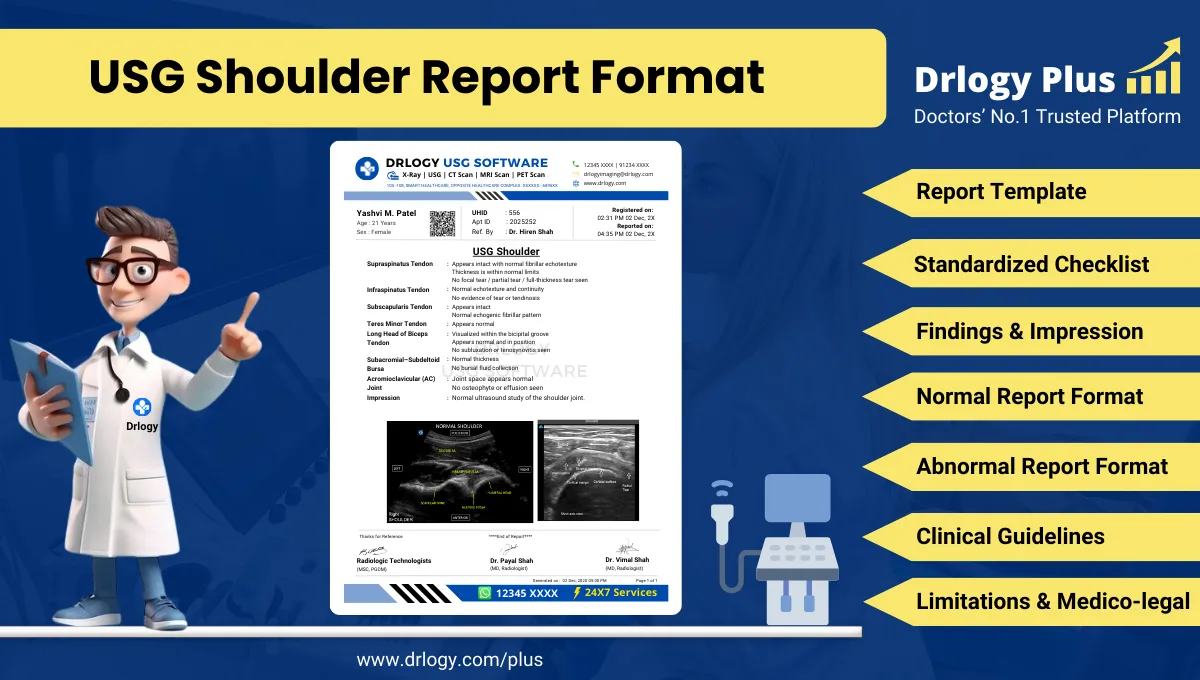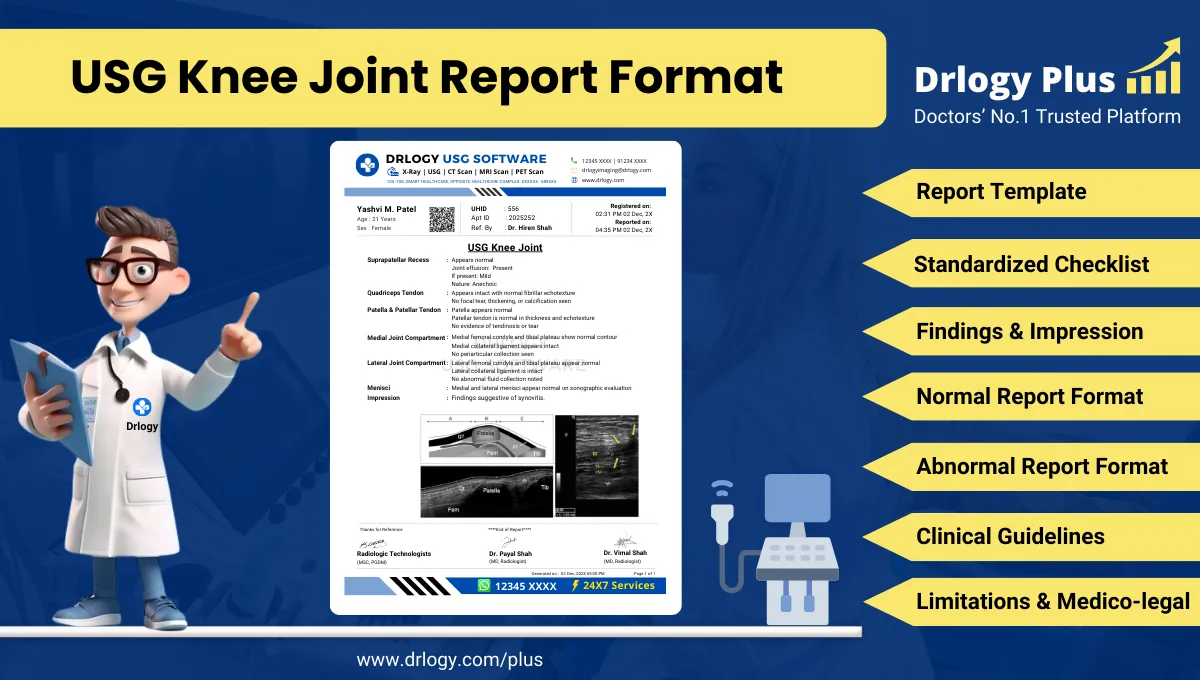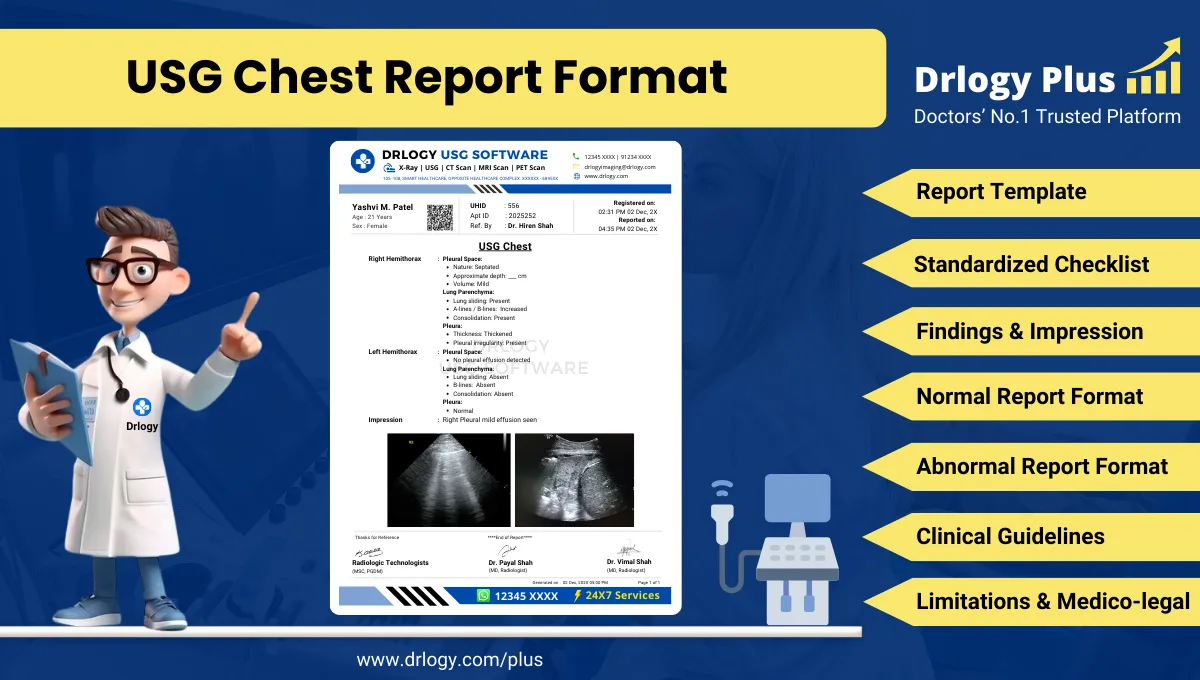

Drlogy
Healthcare organization
Why Prescription Feature Must In Practice Management Software
Prescription features in practice management software streamline the medication process, ensuring accuracy, safety, and efficiency.
Check:
These tools enhance patient care by reducing errors, simplifying refills, and providing real-time alerts.
Also Join:
10 Best Prescription Features For Practice Management Software
Check 10 Best Prescriptions Scheduling Features for Practice Management Software.
1. Electronic Prescribing
- Allows for theect transmission of prescriptions to pharmacies electronically.
- Reduces errors caused by handwriting or transcription mistakes.
- Streamlines the prescription process, improving efficiency for healthcare providers.
- Provides patients with quicker access to their medications by minimizing pharmacy wait times.
- Enhances communication between healthcare providers and pharmacists, ensuring accuracy in dispensing.
2. Drug Interaction Alerts
- Automatically flags potential drug-to-drug interactions based on the patient's medication history.
- Provides warnings for allergies or adverse reactions linked to specific medications.
- Reduces the risk of prescribing conflicting medications that could harm the patient.
- Offers dosage recommendations to ensure safe prescription practices.
- Helps healthcare providers make informed decisions by analyzing the entire prescription profile.
3. Medication History Tracking
- Maintains a comprehensive record of all medications prescribed to a patient.
- Allows healthcare providers to review past prescriptions and adjust treatment plans accordingly.
- Helps avoid over-prescription or duplication of medications.
- Supports medication adherence tracking, ensuring patients are following prescribed regimens.
- Offers insights into patient medication behavior, which can influence future treatment decisions.
4. Refill Management
- Enables quick and easy prescription refill requests through the software.
- Automatically alerts healthcare providers when patients are due for refills or follow-ups.
- Simplifies the process for pharmacies to request prescription refills electronically.
- Tracks refill patterns to monitor medication adherence and adjust treatment plans.
- Reduces administrative burden for both healthcare providers and pharmacies.
5. Formulary Integration
- Provides access to insurance formularies to determine coverage and medication costs.
- Suggests alternative medications based on a patient’s insurance plan to reduce costs.
- Ensures prescriptions are compliant with formulary guidelines, reducing claim denials.
- Streamlines the prescribing process by offering pre-approved medications.
- Helps patients save money by recommending covered or generic alternatives.
6. Dosage Calculator
- Automatically calculates correct dosages based on patient age, weight, and health conditions.
- Reduces the risk of incorrect dosing, especially for pediatric or elderly patients.
- Adjusts dosages based on changes in the patient’s health status or medication response.
- Provides dosage adjustment alerts for medications with narrow therapeutic ranges.
- Improves the accuracy of prescribing complex medication regimens.
7. Prescription Templates
- Offers pre-built templates for common prescriptions to speed up the process.
- Customizable templates allow healthcare providers to personalize based on specific patient needs.
- Reduces time spent on writing new prescriptions by using standardized formats.
- Ensures consistency and reduces errors by following set prescription protocols.
- Enhances the efficiency of the prescribing process, especially in busy practices.
8. Allergy and Contraindication Alerts
- Instantly flags medications that may cause allergic reactions based on patient history.
- Alerts healthcare providers of contraindications related to existing health conditions.
- Ensures safer prescribing by cross-referencing patient allergies and medical conditions.
- Reduces the risk of adverse drug reactions and improves patient safety.
- Allows real-time decision support for more effective and safer medication management.
9. Patient-Specific Recommendations
- Suggests tailored medications based on the patient’s medical history, age, and condition.
- Provides guidance on suitable medications for chronic conditions and long-term care.
- Recommends alternative therapies when patients do not respond to standard treatments.
- Ensures personalized care by taking into account individual patient needs.
- Improves treatment outcomes through, patient-centered prescription decisions.
10. Prescription Tracking and Audit Trails
- Tracks all prescriptions for auditing and compliance purposes.
- Maintains a secure and detailed log of all prescribed medications for future reference.
- Ensures regulatory compliance with detailed prescription records.
- Provides transparency and accountability by allowing prescription review in case of discrepancies.
- Enhances security by tracking who prescribed, modified, or approved prescriptions.
Drlogy Practice Management Software Features Guide
Here's a full guide for the 14 best Practice Management Software features.
| 1. Appointment | 8. Data Security |
| 2. Clinic Management | 9. Staff |
| 3. Billing | 10. Support |
| 4. Reporting | 11. Patient Portal |
| 5. EMR | 12. Patient Education |
| 6. EHR | 13. Communication |
| 7. Prescription | 14. Patient Followup |
Summary
Overall, Optimizing prescription management through advanced software features ensures improved healthcare outcomes and operational efficiency.
Check Drlogy Practice Management Software Features Guide provides a comprehensive overview of essential features designed to streamline clinic operations and enhance patient management efficiency.




